The Financial Aspects of Using Donor Eggs in IVF
In vitro fertilization (more commonly referred to as IVF) has helped countless individuals and couples struggling with infertility achieve their dream of having a child. However, for some, using their own eggs is not an option due to age, genetic conditions, or ovarian insufficiency. In these cases, using donor eggs offers a solution, but it also brings about significant financial considerations. Understanding the costs involved and why they can vary is crucial for those considering this option.
The Cost Breakdown of Using Donor Eggs
The total cost of IVF with donor eggs can be substantial, often ranging between $20,000 and $50,000 or more, depending on the clinic and location. This figure can include several distinct expenses, some of which are one-time costs, while others might recur in the process:
Donor Compensation: One of the most significant components of the cost is the compensation for the egg donor. Donors are typically compensated around $10,000 per cycle, though it can vary based on the donor's experience, qualifications, and other factors. This fee covers the time and effort the donor invests in the process, including medical screening, ovarian stimulation, and egg retrieval.
Screening and Legal Fees: Extensive medical and psychological screening is required for egg donors, and these costs can add up. Donors are tested for genetic conditions, sexually transmitted infections, and other health parameters. The donor’s medical expenses, as well as legal contracts to ensure all parties understand their rights and responsibilities, also contribute to the overall cost.
Egg Retrieval and Donor Egg Cycle: The egg retrieval process itself involves additional costs, including the fertility clinic’s fees for the procedure, laboratory services to fertilize the eggs, and the costs of embryo transfer. Donor egg cycles vary from clinic to clinic but are more expensive than IVF cycles normally. This is partially because the intended parents are responsible for the costs associated with the egg donor who cannot be submitted to insurance. Also keep in mind that as an intended parent you’ll be responsible for paying for the medications for the donor and the recipient if needed.
Embryo Freezing and Storage: If more embryos are created than are needed for immediate transfer, couples may choose to freeze them for future use. Embryo freezing and storage often come with annual fees ranging from $500 to $1,500, depending on the facility.
Why These Costs Exist
The high costs associated with using donor eggs in IVF are due to a variety of factors. The first and most obvious is the medical complexity of the process. Both the egg donor and the intended parents undergo extensive medical evaluations, and advanced fertility treatments are required to ensure the best possible chance of success.
Additionally, egg donors must undergo significant medical procedures, including hormone injections, monitoring, and the egg retrieval itself. The donor’s time and effort warrant fair compensation. Legal agreements are also crucial to protect the rights of all parties involved, which contributes to the overall expense.
Why Costs Vary
The cost of using donor eggs can vary significantly based on a number of factors, including geographic location, clinic reputation, and donor characteristics. For example, fertility clinics in metropolitan areas or regions with a high demand for fertility services tend to charge more for IVF treatments. Clinics with higher success rates or advanced technologies may also charge a premium for their services.
The cost can also fluctuate based on whether the eggs are from a known or anonymous donor. If a known donor is involved, additional legal and logistical considerations might increase the cost. Donors with specific traits or experience may command higher compensation, further driving up costs.
Conclusion
Using donor eggs in IVF can provide an invaluable opportunity for those facing infertility challenges, but it is essential to be aware of the financial investment. The costs involved stem from various medical, legal, and compensatory factors, and understanding the reasons behind them can help couples make informed decisions about their fertility treatment options. At Futura, we clearly lay out the costs involved and are here to walk you through any and every scenario necessary to make sure you feel supported and informed in your journey.

